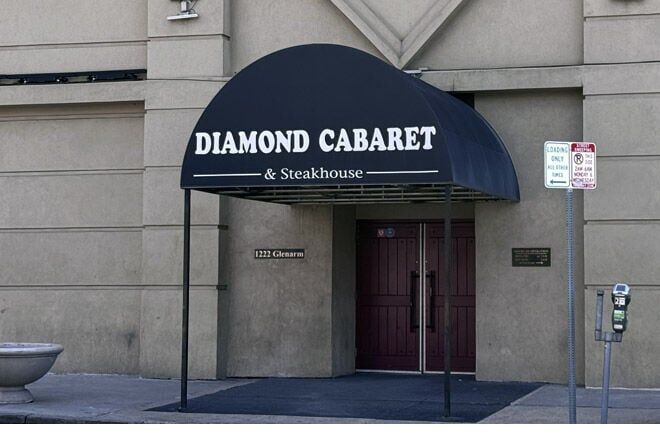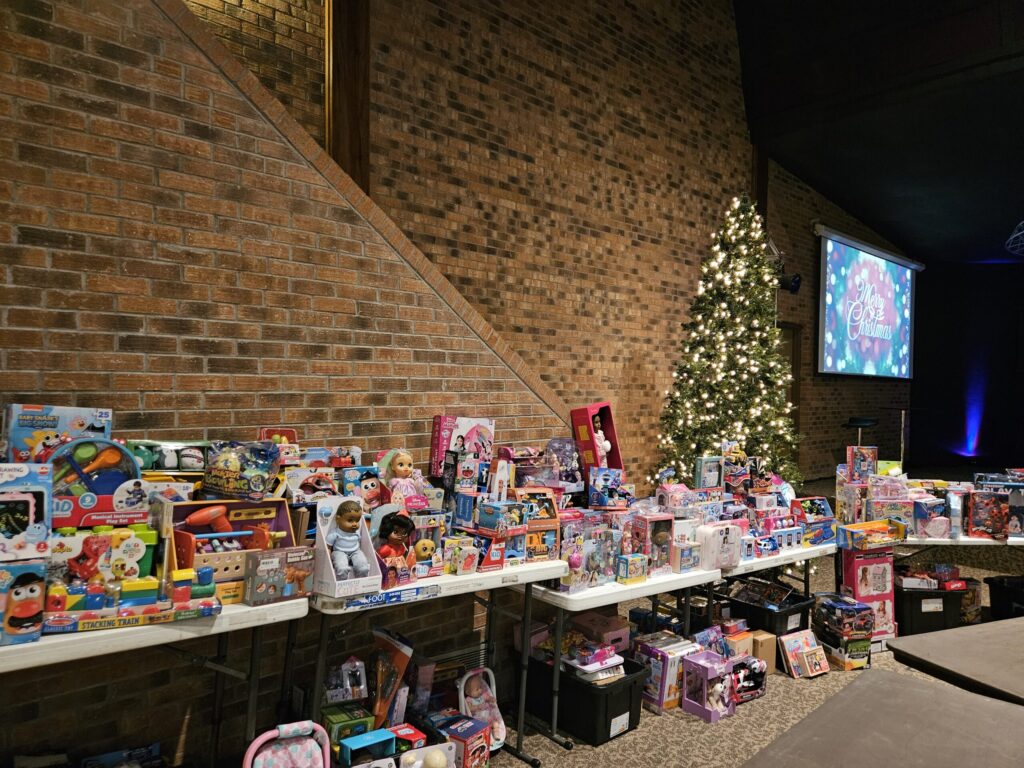Edible art: Bakers want Supreme Court to acknowledge there’s more to a cake than baking
There are dozens, perhaps hundreds, of people who will file friends-of-the-court briefs to advise the Supreme Court on how to settle the dispute between the gay Colorado couple seeking a wedding cake to celebrate their marriage and the baker who refused them, citing his religious beliefs.
But only one amicus brief longs for technology that would enable “touch, smell and taste.”
It settles for photographs.
The Brief for Cake Artists as Amici Curiae in Support of Neither Party is drawing outsize attention for its unique approach. It contains the usual legal arguments, of course, and references to Supreme Court precedents.
But more noticeably it relies on 38 pictures of cakes in various states of construction and completion. Among them: an elaborate, towering concoction that had to be assembled on site (with frosting to match the bride’s lace) and a red-velvet confection disguised as a medium-rare T-bone steak.
The point is to convince the justices that, whatever else they decide, they should acknowledge that cakemaking is not “just baking,” but also an art.
“If this brief did nothing beyond showcasing this small sample of creative work, it would surely convey that these unique projects involve artistic talent and communicate emotions and messages at least as clearly as other forms of art,” says the file from 11 bakers from around the country.
Such a finding is important to Jack Phillips of Masterpiece Cakeshop in Lakewood, Colo., who was found to have violated the state’s public accommodation law by refusing to create a cake for Charlie Craig and David Mullins.
Phillips cited his religious objections to same-sex marriage, but at the Supreme Court his brief stresses that his cakes are creations of artistic expression and that the First Amendment protects him from being compelled to create art with a message he rejects.
The Colorado Court of Appeals did not address head-on whether cakes are art but said that no one would mistake Phillips’s compliance with the law by creating a cake for the couple with endorsing their marriage.
Likewise, the American Civil Liberties Union’s Louise Melling, representing Craig and Mullins, said, “Cake-baking can involve artistry, but that doesn’t mean this is a case about speech.”
The Justice Department, siding with Phillips, disagreed.
Part of their point is a “well-deserved pride in their work,” he said. The other is that whatever the court decides, they should treat cake creators the same as other artists, no more, no less.
At least one of the bakers – Young didn’t want to identify her – said she hoped not to be asked to create a cake for a same-sex couple.
But another, Kim Brittenburg, of Kym’s Creations in Allentown, Pa., loves same-sex weddings. She has a transgender son, and the brief says same-sex couples offer her the most artistic freedom. They are “frequently far more open to displays of personality and vivid expression, allowing the cake artist a decidedly freer hand in creation.”
Rainbows, though, apparently are de rigueur.
Cake artists, the brief explains, “must be able to sculpt, to paint, to draw; they must have the aesthetic sense of an interior designer and the architect’s ability to convert ideas into three-dimensional, stable products.”











